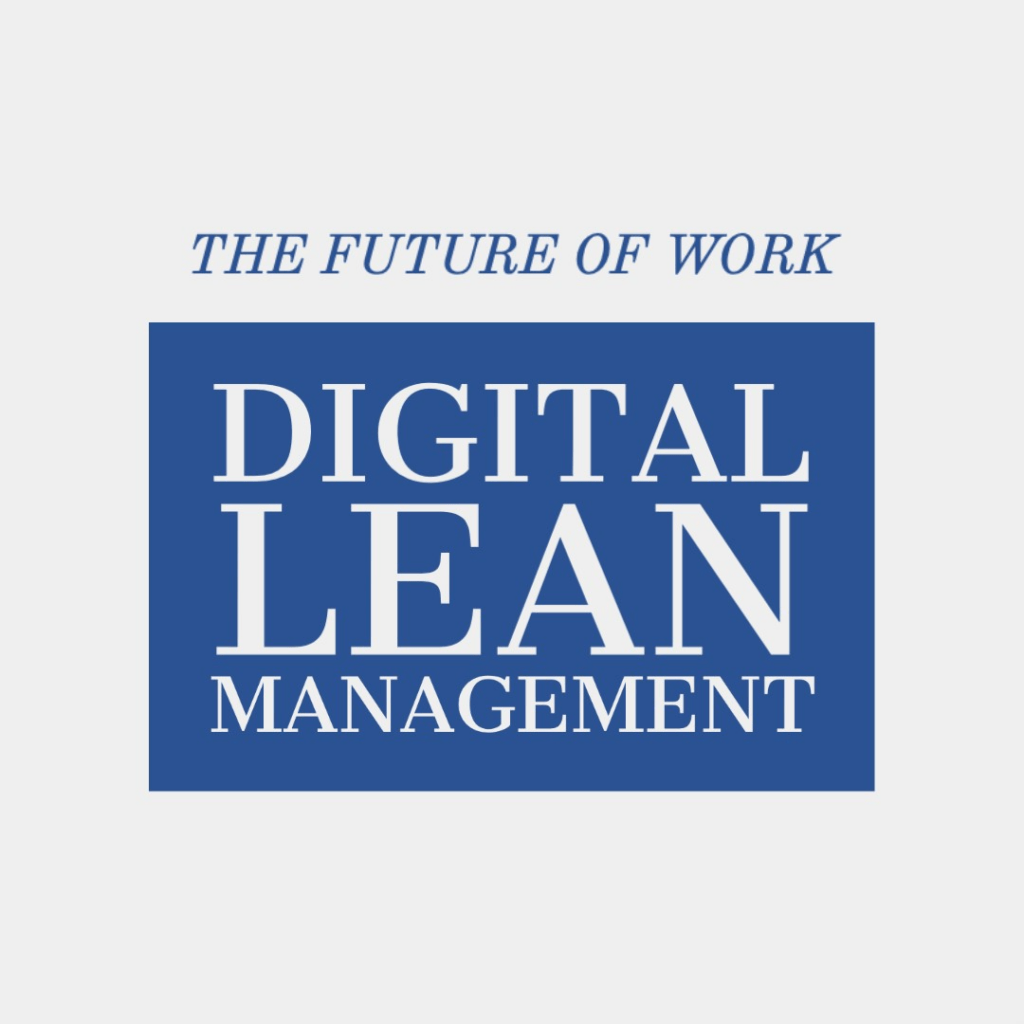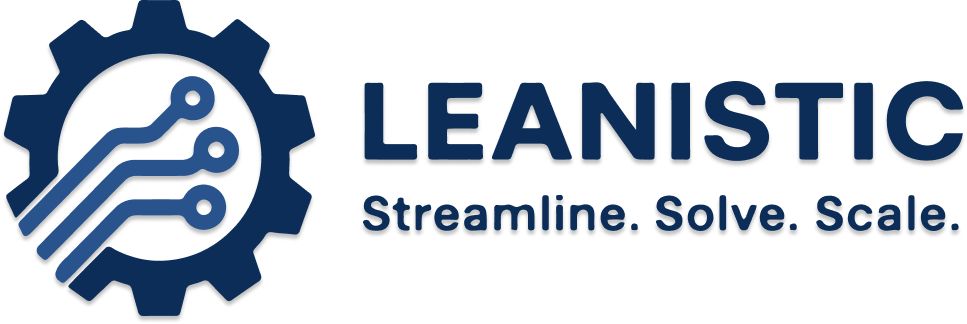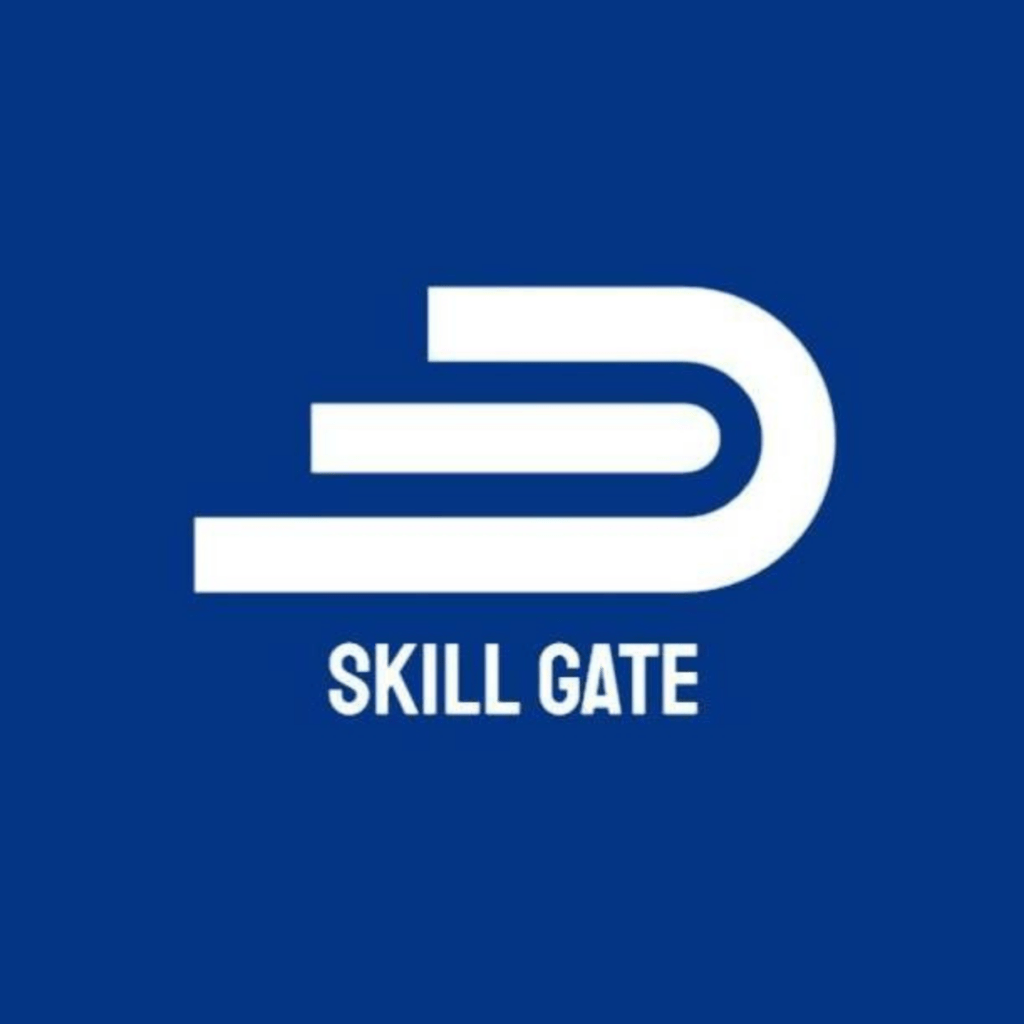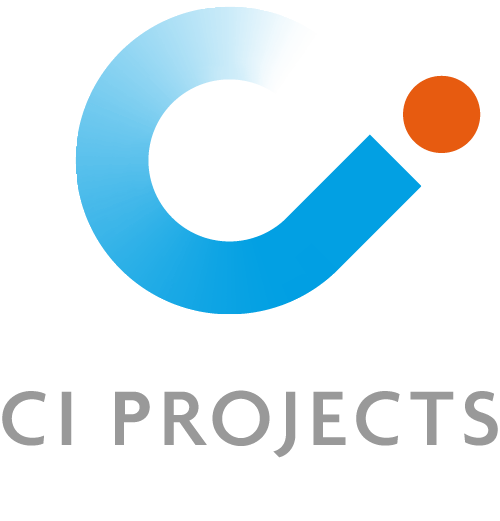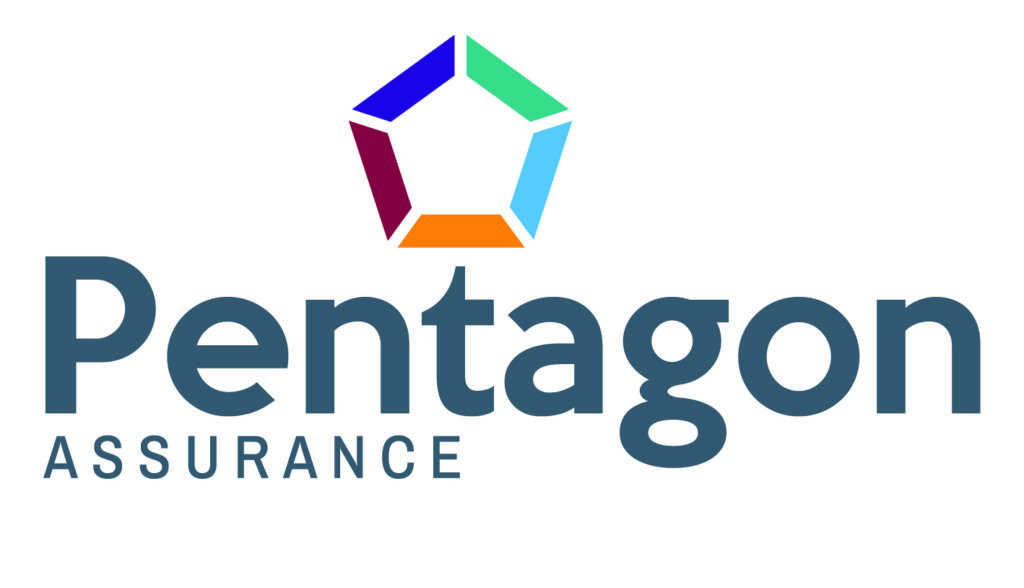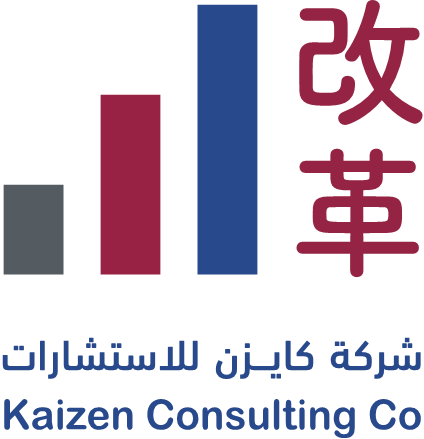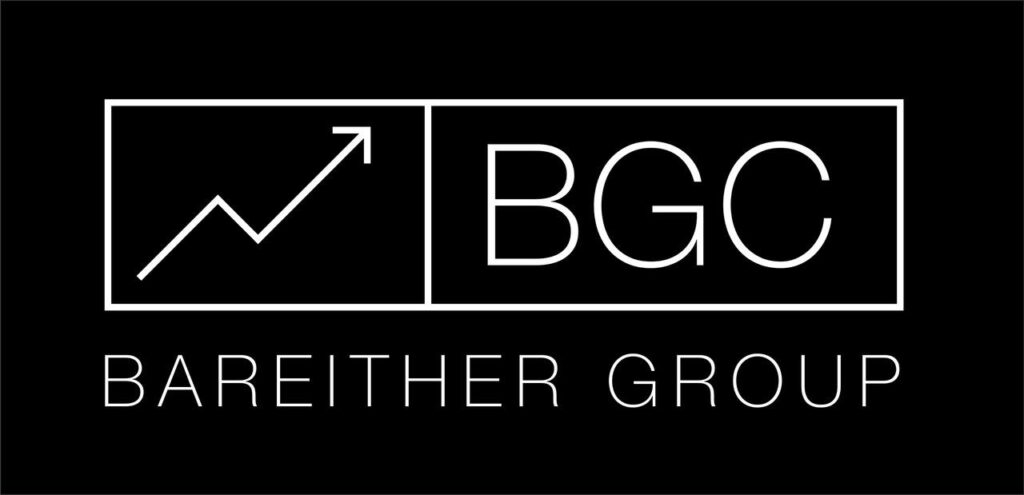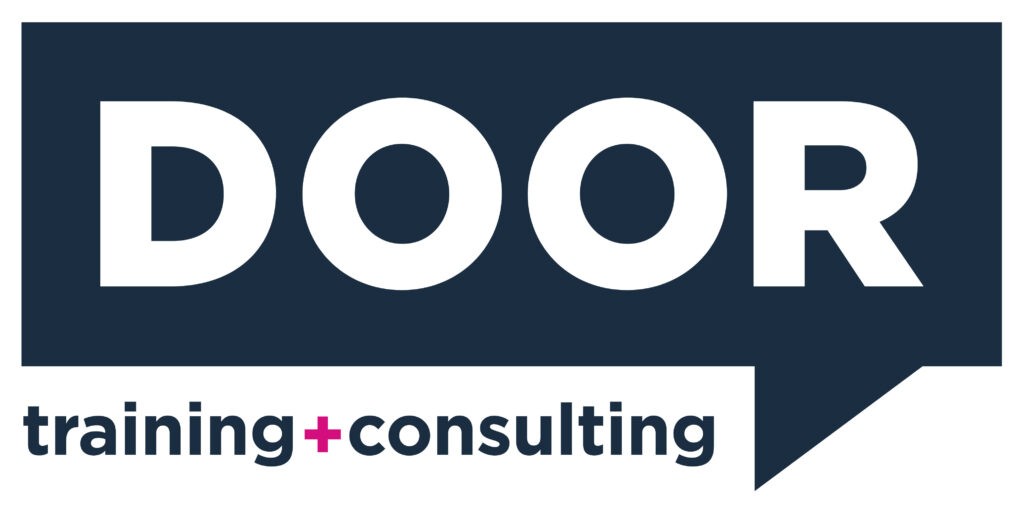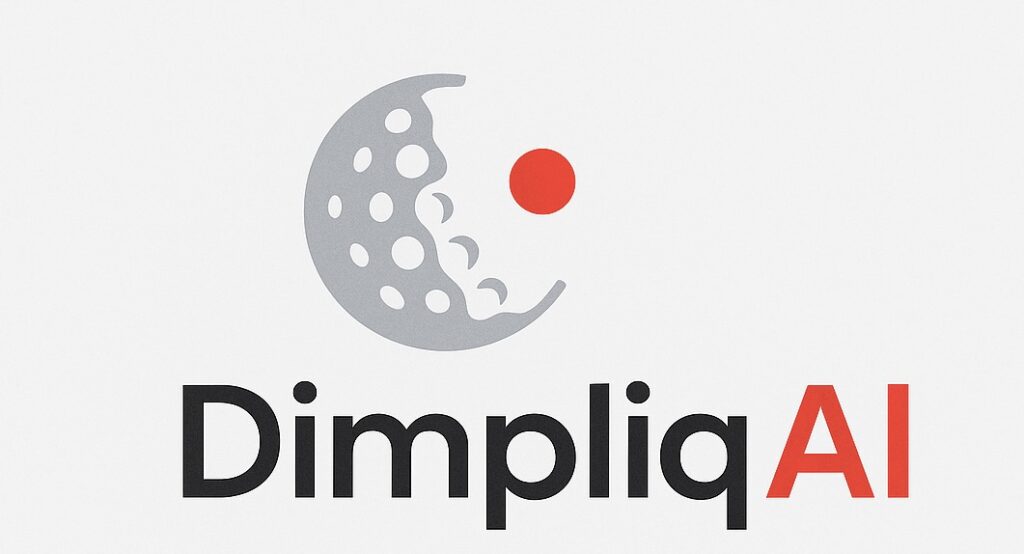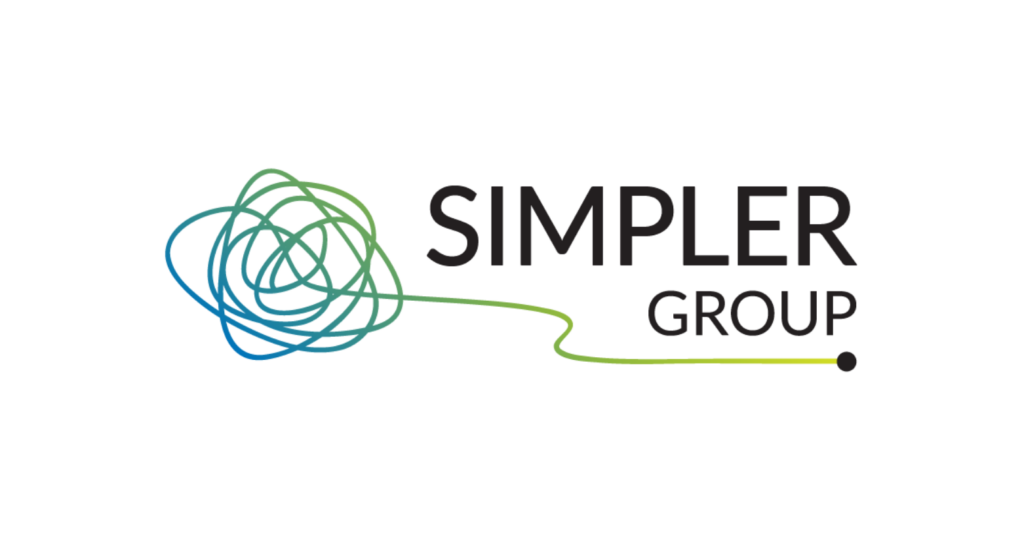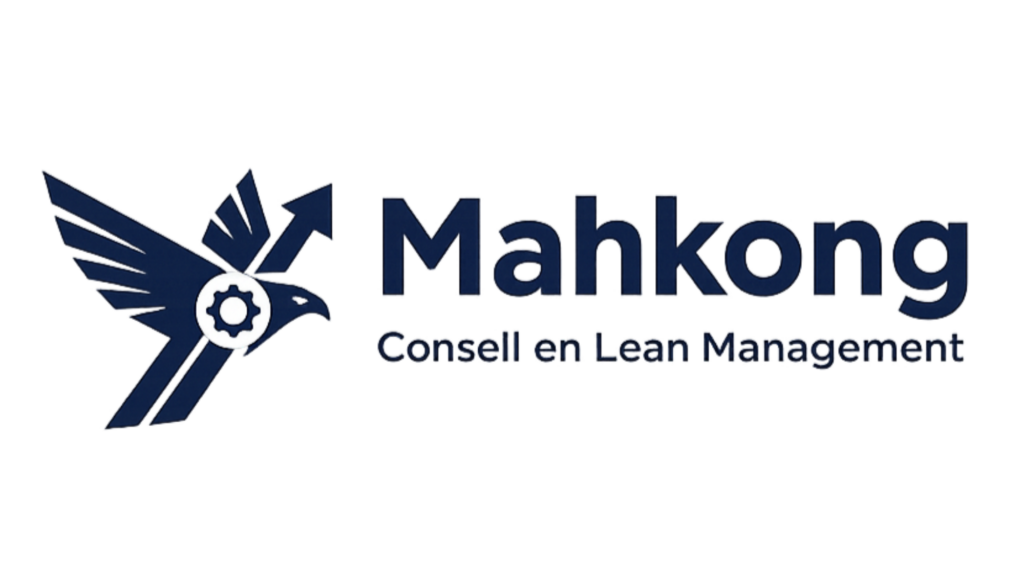Boost Your Manufacturing Process: Discover the Power of DataLyzer SPC Tool
Being able to check the 𝐥𝐢𝐯𝐞 𝐬𝐭𝐚𝐭𝐮𝐬 of all your processes in as little as 2 seconds is not just a convenience; it’s a game-changer. This is where the DataLyzer Statistical Process Control (SPC) tool comes in, revolutionizing how teams monitor and control manufacturing processes.
What is DataLyzer SPC?
DataLyzer SPC is a state-of-the-art 𝐪𝐮𝐢𝐜𝐤 𝐝𝐚𝐬𝐡𝐛𝐨𝐚𝐫𝐝 𝐭𝐨𝐨𝐥 designed to enhance the efficiency and accuracy of process control in manufacturing.
It allows for real-time monitoring, giving teams immediate insight into the operational status of machines, shifts, and even individual users.
Maximize Control in Manufacturing with DataLyzer SPC
One of the key features of DataLyzer SPC is its customizable dashboards. Each team or user can configure their dashboards to focus on specific machines, shifts, or parameters. This level of customization ensures that the relevant data is readily accessible, facilitating quicker decision-making and more targeted interventions.
Maximizing Efficiency with DataLyzer SPC’s Tailored Dashboards
DataLyzer SPC’s customizable dashboards are at the forefront of this, offering a flexible and powerful tool for enhanced control and decision-making.
Every manufacturing environment is unique, with different machines, processes, and shifts. DataLyzer understands this and allows users to tailor their dashboards to reflect their specific operational needs.
Whether it’s focusing on a single machine’s performance or comparing data across multiple shifts, the dashboards can be configured accordingly.
Features of the Customizable DataLyzer SPC Dashboards
- Machine-Specific Monitoring: Users can create dashboards that focus solely on the performance and output of individual machines. This is particularly useful for identifying and addressing machine-specific issues quickly.
- Shift-Based Analysis: For operations running multiple shifts, dashboards can be set up to compare the performance across different times of the day, helping to identify patterns or inconsistencies related to specific work periods.
- Parameter-Specific Tracking: If there are specific parameters critical to quality control, such as temperature, pressure, or speed, the dashboards can be designed to highlight these metrics, allowing for continuous monitoring and quick adjustments.
- Real-Time Data Visualization: The dashboards display data in real-time, providing instant insights into the production process. This includes graphical representations like charts and graphs, making it easier to understand complex data at a glance.
- Alerts and Notifications: Customizable alerts can be set up to notify teams of any deviations or anomalies in the process, enabling prompt action to mitigate potential issues.
- Capacity and Scalability: DataLyzer SPC’s dashboards are not only comprehensive but also scalable. They are capable of handling data from a few machines in a small factory to hundreds of machines in a large-scale operation. This scalability ensures that as a business grows, DataLyzer SPC can grow with it, continually providing the necessary data analysis and process control capabilities.
Benefits of Tailored DataLyzer Dashboards
- Improved Decision-Making: With relevant data easily accessible, managers and teams can make informed decisions quickly, reducing downtime and enhancing productivity.
- Enhanced Quality Control: Continuous monitoring and specific focus on critical parameters lead to better quality control and consistency in product output.
- Increased Efficiency: By focusing on what matters most, teams can avoid the clutter of irrelevant data, leading to a more efficient analysis and problem-solving process.
- Customizable for Various Roles: Whether it’s a machine operator, a shift supervisor, or a quality control analyst, the dashboards can be customized to suit the specific data needs of different roles within the organization.
DataLyzer SPC Tool Addressing Process Irregularities Instantly
A significant challenge in manufacturing is identifying and rectifying Out of Control/Out of Specification (OOC/OOS) scenarios. DataLyzer SPC equips teams with the tools they need to target these issues effectively. With real-time data, teams can quickly identify trends and anomalies, reducing downtime and improving product quality.
DataLyzer SPC uses real-time data, which means it can quickly spot when something in the manufacturing process isn’t going as planned. In addition, If something starts going wrong with a machine or a part of the process, DataLyzer SPC alerts the team immediately. Catching these problems early stops them from turning into bigger ones.
Now, it’s not just about catching one-off problems. DataLyzer SPC also helps teams see patterns that could mean trouble down the line, allowing them to fix things before they even become problems. DataLyzer SPC is a really handy tool in manufacturing for dealing with OOC/OOS issues. It’s all about catching problems fast, understanding them, and fixing them efficiently. This leads to less downtime, better products, and smarter use of resources, all while helping teams work better together and learn from past challenges.
The effectiveness of DataLyzer SPC was further highlighted in a recent presentation by Stephen Murphy at the German Smart Factory in Augsburg on November 22nd, 2023. Murphy’s insights into the application of DataLyzer SPC in modern manufacturing environments underscore its role in driving efficiency and quality.
The International Lean Six Sigma Institute (ILSSI) is proud to support our partner, Datalyzer in their mission to transform manufacturing processes. Their innovative approach to process control and data analysis aligns with our commitment to promoting technological advancements in the industry.
In conclusion, DataLyzer SPC is more than just a tool; it’s a strategic asset for any manufacturing setup. It empowers teams with instant access to critical data, enabling them to maintain high-quality standards while optimizing productivity. As we continue to embrace digital transformations in manufacturing, tools like DataLyzer SPC will be pivotal in shaping a more efficient, responsive, and quality-driven industry.




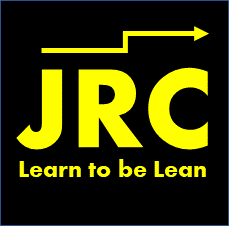
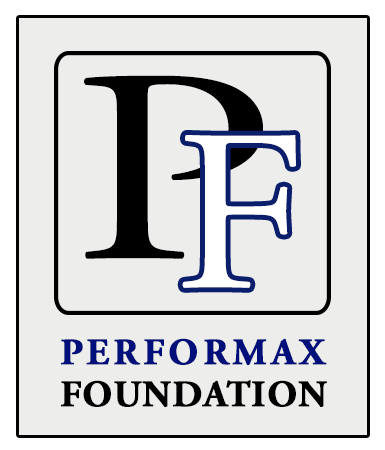




















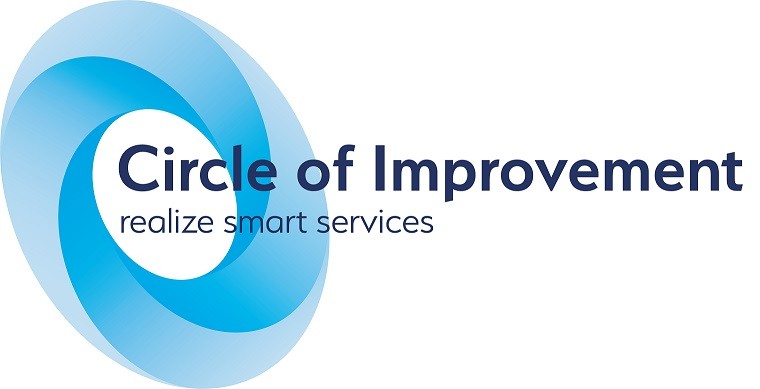



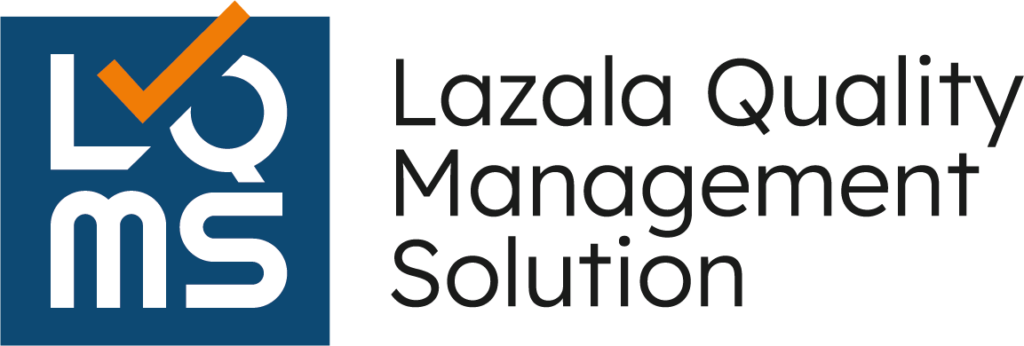





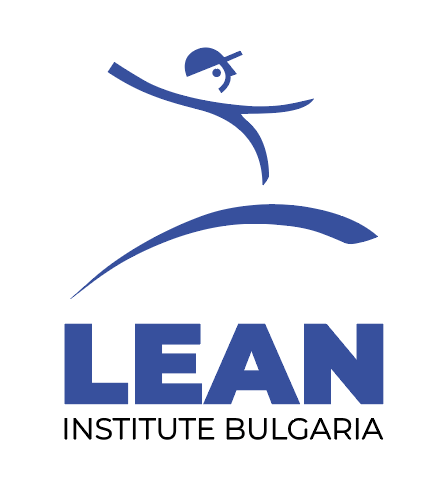


![UCOURSE.ORG [UCOURSE Academy] was established in Hong Kong in 2019 (company name: UCOURSE LTD), dedicated to providing high-quality online courses and courses for Chinese people in China, Hong Kong, and even all over the world. UCOURSE.ORG 【优思学院】于2019年成立于香港(公司名称:优思学院有限公司 / UCOURSE LTD),致力于为中国、香港、以至身处于全球各地的中国人提供优质的线上课程和考试认证,促进全国的人材培育、个人的职业发展,让学员在事业上事半功倍,同时助力国家的未来的急促发展。](https://ilssi.org/wp-content/uploads/2021/02/ucourse-logo-250.png)

